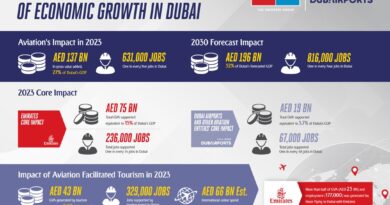Zambia’s Economic Pressure Still Remains at Grassroot Levels
Zambia’s current economic trajectory presents a classic case of macro stability without proper micro relief models.
At the macroeconomic level, the country is performing relatively well, key fundamentals such as the exchange rate stability, fiscal discipline and external debt restructuring have all restored a certain measure of confidence in the economy.
Inflation, though still elevated, has shown signs of significant moderations, while export performances, particularly in mining and non-traditional sectors, continues to underpin foreign exchange inflows.
However, these gains have yet to meaningfully translate into improvements at the microeconomic level, where households and small businesses continue to experience immense pressure.
The cost of living remains quite high, driven by persistent food and fuel prices, while wage growth and employment creation have not kept pace with inflation movements though getting down slowly amidst high population growth turn.
The reality for many Zambians is that economic stability at the top has not yet trickled down to relieve everyday hardships.
Limited access to affordable credit continues, subdued domestic demand and weak productivity growth among SMEs continue to constrain inclusive growth.
Many micro and small-scale entrepreneurs face rising operational costs and subdued consumer spending, despite the government’s broader macroeconomic reforms ticking with positive development.
In essence, Zambia is performing well right on paper with policy parameters, but the challenge still remains in converting this macroeconomic stability into tangible, broad-based improvements in livelihoods.
Though, I know transmission mechanisms take time but the focus now should start shifting toward strengthening the microeconomic transmission mechanisms through targeted measure of social investment, SME financing pipeline, rural enterprise development and job creation initiatives to ensure that the benefits of stability reach ordinary citizens.



